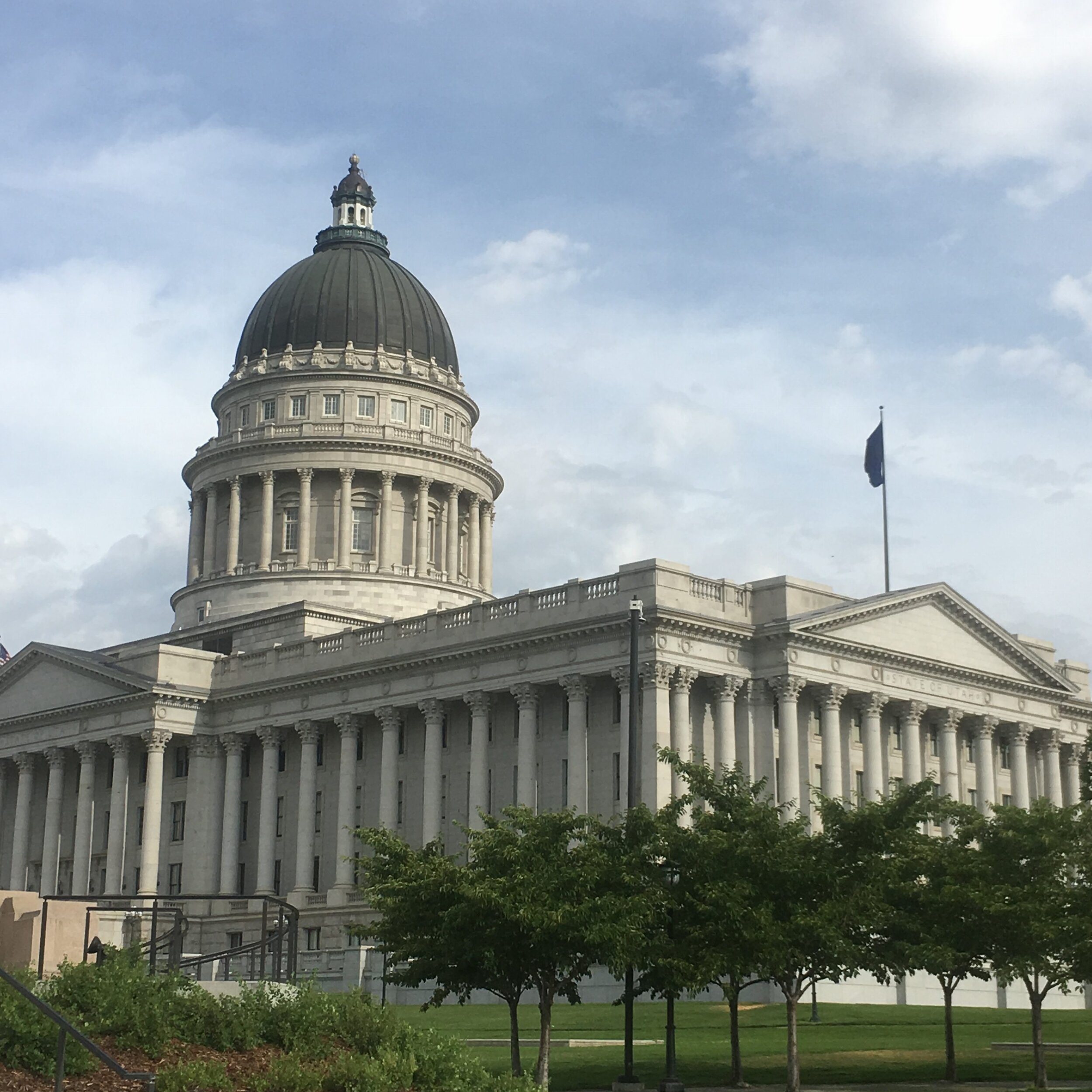Governor's Office Threatens Attorney General
According to multiple sources, Utah Governor Gary Herbert’s administration threatened to file an ethics complaint against Utah Attorney General Sean Reyes, to keep Reyes from releasing an opinion letter the Utah Legislature requested regarding the special election to replace Congressman Jason Chaffetz.
If requested by the Legislature, Utah law requires the Utah Attorney General to provide a legal opinion on legislative duties.
The Legislature requested the Attorney General’s opinion on Utah’s election laws: specifically, which branch of government legally establishes election protocol.* Faced with a gap in Utah law regarding special elections, Governor Herbert and the Utah Legislature argued how the election protocol would be set. Instead of calling the Legislature into session to address the issue, Governor Herbert instructed the Elections Office to establish the protocol.
The Legislature requested Attorney General Sean Reyes to opine which branch of government should act in this classic constitutional balance-of-powers dispute. After the Attorney General’s opinion letter was drafted and signed, according to multiple sources, the Governor’s office threatened to file an ethics complaint against the Attorney General with the Utah Bar Association, arguing that release of the letter would violate the Attorney General’s duties to the Governor.
Veteran Salt Lake Tribune reporter Lee Davidson filed a public records request with the Attorney General to obtain the opinion letter. The Attorney General refused. Mr. Davidson appealed the refusal to the State Records Committee and won. Governor Herbert’s office is lobbying the Attorney General to appeal the Record Committee’s decision. The Attorney General has until November 22nd to file an appeal.
This situation raises several important questions that The Utah Bee will follow:
What does the opinion letter say?
Will the Attorney General’s opinion letter affect the special election?
Who in the Governor's Office threatened the Attorney General, and was the threat appropriate?
Did refusal to release the opinion letter violate the Attorney General’s legal duty to advise the Legislature on such issues?
Are statutory amendments needed to clarify the duties of the Attorney General where branches of State government dispute the constitutional balance of power?
*The Legislature's questions to the AG were: (1) When does a vacancy occur; (2) What is the scope of the Governor of Utah under the United States Constitution for issuing a writ of election; (3) Who has the authority to establish the election process for a vacancy; and (4) Does either the Governor or Lieutenant Governor have the authority to establish their own process for electing an individual to fill a midterm vacancy.

